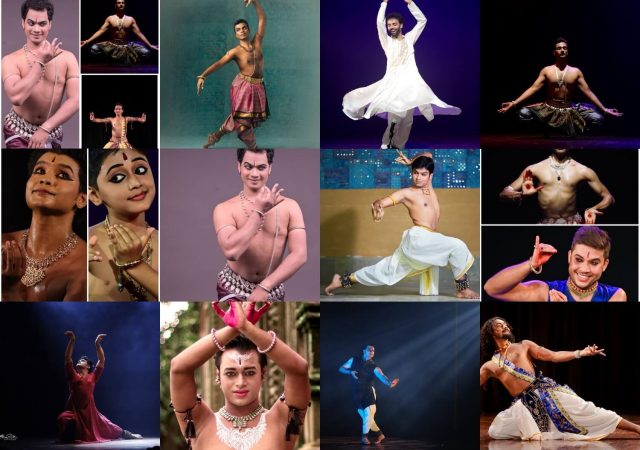Teens are not small adults or grown up children. They are a unique group of people. Within this unique group, each teen is unique says Dr S Mohan Raj. Dr Mohan Raj is a Chennai based Consultant Psychiatrist and Director of Tharu Clinic whose main area of interest is Preventive Psychiatry.
He further explains the top 10 issues that trouble them may not be the same for every teen. For example, Parental factors would be low in terms of frequency of occurrence. But, in terms of its impact, it would be very high, when it occurs. Here is Dr Mohan Raj’s list of the 10 issues that trouble today’s teens, not necessarily in that order.
1. Conditional love:
Anu (not real name) says, “My parents hug me and kiss me when I score above 96 in tests or exams. When I score 90 or less…no hugs. They ask questions”. “Of course, no hugs or kisses on days when no test results are announced”.
Unconditional love, especially from a parent, is a huge positive for a teen.
2. Lack of Trusting and Confiding relationship
When Anand told his parents that he was depressed, they did not believe him. They said he was giving excuses to avoid homework and assignments.
Asha confided in her mother during a visit to her grandmother’s house, that the maternal uncle held her tight and squeezed her breast. Mother responded, “He is a good person. He would have never done anything like that. You must have imagined this. Don’t talk about it to anyone”
In a teen’s world, Parents constitute a large space. A confiding relationship with a parent, where they are trusted and not judged is a major protective factor for adolescents.
3. Career choices
Our education system is rigid. If a college-going-teen does not enjoy a chosen branch of study, it is difficult to switch to a stream in which the teen is interested. Academic decisions are often agonising and uncertain for some. The problem is compounded by parents, who push their teens to opt for courses, in which the teen has no aptitude or passion.
4. A victimising teacher
Some teachers, for some unexplainable reason, constantly pick on certain teens. That particular teen would be blamed for whatever that goes wrong in the class. Vijay, who was treated like this during 9th std, said, “I am determined to get a good name in 10th std”
But to his dismay, on the first day of class 10, he saw that his 9th std class teacher had taken the trouble of meeting the new 10th class teacher and briefing about each student.
5. Body image
How one looks, one’s height, weight, vital statistics and the skin colour matter a lot to teens. Teens have only their body as their property and derive self esteem from it. They also often feel as if they are on stage, being watched, all the time.
In a country, where shades of skin colour are adored or looked down upon, the preoccupation with body image increases.
6. Social media
Likes, loves, kudos and retweets are the lifeline for many teens. Some of them live permanently in a #hashtag #curated #world. Everything they do would be described in at least #20 #different #hashtags. Their Self-esteem depends on how many people ‘liked’ or appreciated their posts.
7. Not getting enough Birthday wishes, compared to peers.
Social media has made it easier for people to remember other’s birthdays. As a result, a teen would receive a large number of birthday wishes. But, Vidya said that she dreaded her Birthdays. Her reason: “My classmates don’t just count the birthday wishes. They, then calculate how many of the wishes are plain vanilla ‘Happy Birthday so and so’ versus how many are personalised, elaborate with emoticons or wacky.
8. Romantic relationship
Some teens get into a relationship to keep up with the peers, or due to neglect at home. The personality traits of their partner often lead to anguish.
9. Role playing games
Teens love Role playing games and spend hours together playing war games, sometimes above 16-17 hours/day. Some of them, skip school or college to be able to play and go to the next level in the game. Any restriction of playing time or advice to cut down annoys them.
10. Wi-fi connectivity
Teens refuse to go on a family holiday to a remote forest resort if it does not have Wifi or data connectivity. In the resort, if the Wi Fi is available only in the restaurant, teens (and many adults!) can be seen glued to the restaurant through most of their holidays.











